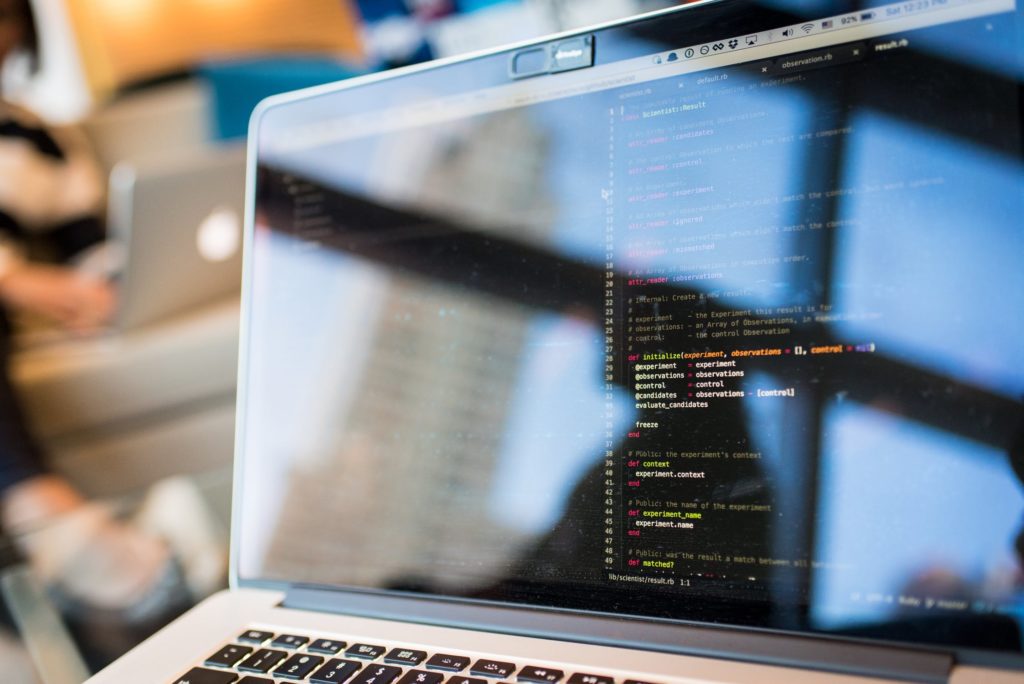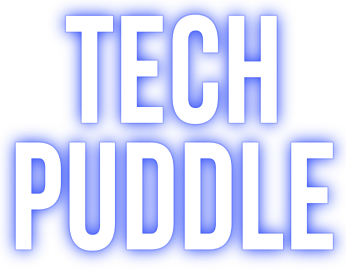The success of your small business depends on your ability to predict trends, promote customer satisfaction, and optimize your operational efficiency. Your competition is going the extra mile to get valuable insights into how customers think and markets move, and you’d better make data a priority if you want to keep up.
Data science has made substantial advances over the past decade, and it’s only going to become more prevalent as businesses look to stay ahead of the curve. Every industry and sector of public service uses data analytics to gain valuable insights from various data points. Continue reading to learn more about big data and how you can use it to optimize your business operations.
What is big data?
If you’re not into data science, you may not understand what big data really is. The chances are that your company is already using data analytics in plenty of contexts, and big data merely means a large amount of data. With programs capable of managing and analyzing big data, you can get actionable insights that, with proper implementation, optimize efficiency and bolster supply chain management in real-time.
Big data is big business.
There have been movies and books written about the possibilities of artificial intelligence, and now those days are here. However, AI is just one of the byproducts of big data, and with so much potential, there are plenty of career opportunities for data scientists who want to become part of a data science team working on analytics and machine learning. Companies like Uber and Netflix use machine learning algorithms to optimize their customer experience with options and specials that match their customers’ interests.
With real-world applications like artificial intelligence, machine learning, and automation, big data is big business. Experts expect the data science industry to be worth $229 billion in the near future, so launching a data analytics company is a wise move if you have an entrepreneurial spirit.
Artificial intelligence, automation, and machine learning have many real-world use cases.
Have you ever stopped to think about the many ways that data analytics impacts our daily lives? Indeed, most of us live a life of relative comfort as United States citizens, and data analytics is the driving force behind many of those comforts.
There’s a variety of use-cases for machine-learning technology, artificial intelligence, and automation. As you read previously, Uber uses machine learning to optimize the customer experience for its mobile app. With predictive analytics, they’re able to give you the price of your ride before you purchase it. They use machine learning to connect you with the closest driver and put you on the quickest route.
Predictive analytics optimizes product development, enables predictive maintenance, and gives you a competitive advantage.
The main goal of data analytics is to help companies solve business problems and create the ideal customer experience. Wouldn’t that be a little easier if you could predict what was coming and make adjustments ahead of time? Predictive analytics allows companies and public services to do just that.
Predictive analytics has a significant impact on the manufacturing industry. Companies use real-time and historical data to predict what problems equipment may encounter and when it will need maintenance. With the ability to see malfunctions coming before they occur, manufacturers are able to plan ahead of time to prevent production dropoff.
Manufacturers also use predictive analytics to manage their supply chains. With the ability to predict demand changes before they happen, manufacturers can increase or reduce production as the demand dictates. They also use data analytics for logistical reasons, which allows them to find the best suppliers and deliver their products to shelves more efficiently.
Whether you’re a small business owner looking to optimize your best practices, a future data scientist, or an entrepreneur looking for startup opportunities, big data has something for you. It’s the science of right now and the future, and it’s reshaping our world.



